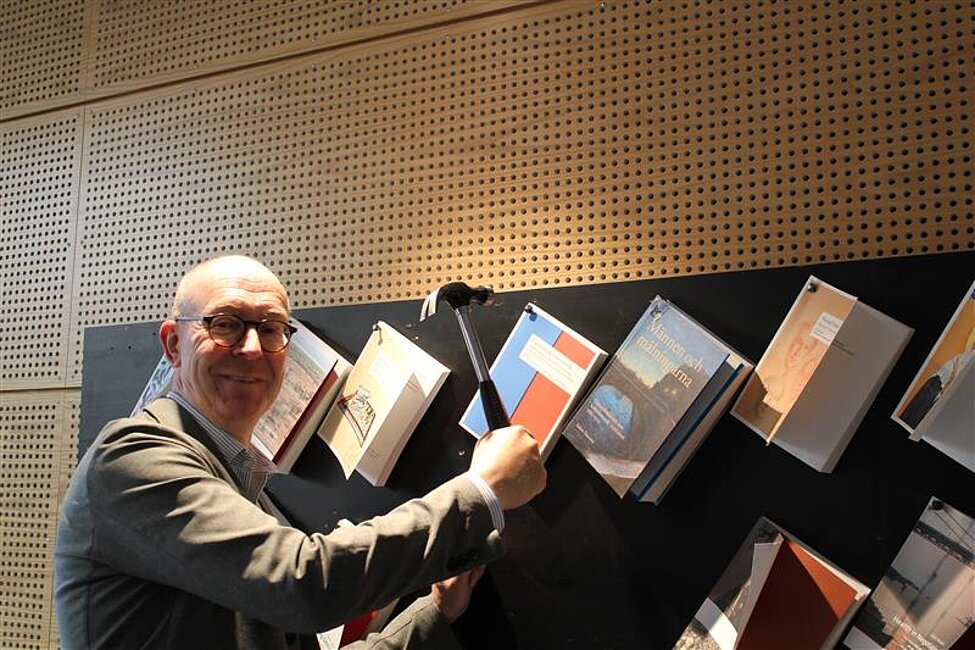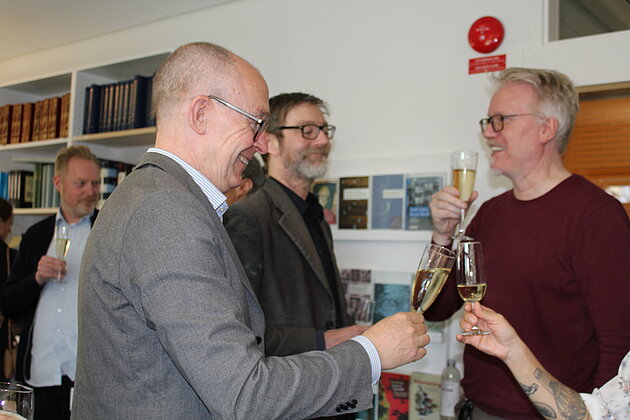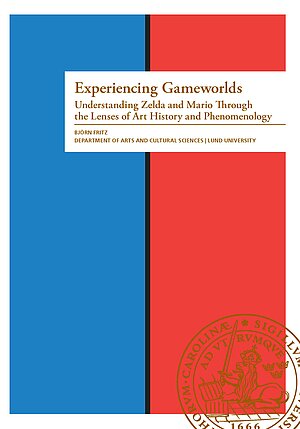Björn Fritz har spikat sin avhandling

Björn Fritz avhandling i konsthistoria och visuella studier, "Experiencing Gameworlds: Understanding Zelda and Mario Through the Lenses of Art History and Phenomenology", spikades 17 april 2025. Disputationen äger rum fredagen 16 maj 13.00 i LUX C121. Opponent är Professor Hans Sternudd.
Thesis summary
Experiencing Gameworlds: Understanding Zelda and Mario Through the Lenses of Art History and Phenomenology
by Björn Fritz
This dissertation examines what it means to experience a video game world from the inside out. Using The Legend of Zelda: Breath of the Wild and Super Mario Odyssey as examples, it examines how players engage with game environments that feel alive, atmospheric and real, even though they only exist on a screen.
Drawing from art history and phenomenology (the study of human experience), it explores how we see and feel in traditional art and how we experience movement, space and story in video games. The study shows how visual design, music, perspective, architecture and storytelling come together to create a strong sense of presence within the game.
The dissertation identifies three ways in which players engage with gameworlds: through Play (interacting with rules and challenges), Place (exploring and sensing the game environment) and Story (following the narratives embedded in the world). These modes are not separate but interwoven, and together they explain why games can feel like places we have visited.
A key idea in the study is that video games, though digital and interactive, are part of a much older visual tradition that includes painting, theater, and cinema. Like a landscape painting or a theatrical set, a gameworld can open a window into another world. But unlike traditional art forms, games allow players to move around inside these worlds, make choices and shape their experience actively.
The research builds on a close analysis of the visual and spatial qualities of the two games reflecting the author’s background in art history. It offers a new perspective on games, not just as entertainment or technology, but as complex, immersive images that belong to the long history of how humans imagine, build and inhabit other worlds.


